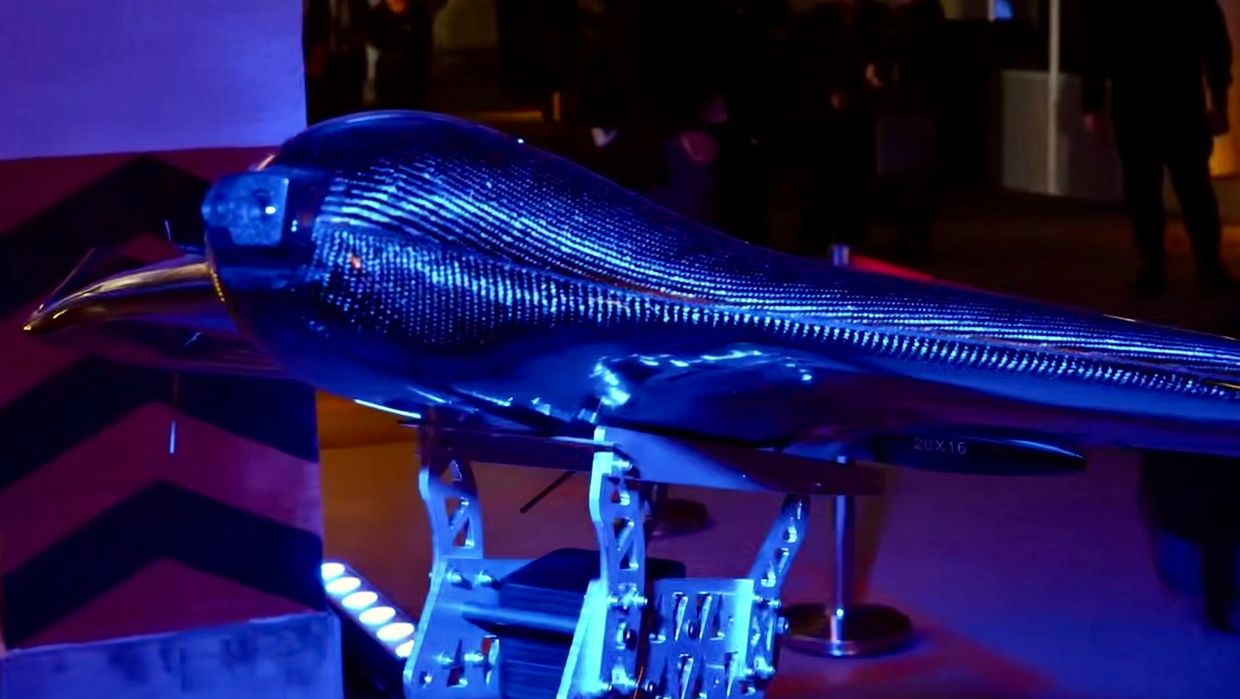Ukraine allocating third of defense budget for high-tech weapons production

The Defense Ministry has allocated one-third of its defense budget to production of high-tech weaponry, including drones, electronic warfare systems, and missile technologies, Hlib Kanievskyi, a procurement chief at the ministry, said on April 21.
"Defense procurement today is not only about meeting the needs of the Armed Forces. It is also a powerful driver for the development of the Ukrainian technology sector, especially in the areas of unmanned aerial vehicles (UAVs), electronic warfare, and missile technology," said Kanievskyi.
Since the start of the full-scale invasion, Ukraine has been developing and deploying technological innovations and cutting-edge unmanned systems. Both Ukraine and Russia have increasingly relied on drone warfare, using aerial, naval, and ground-based drones for reconnaissance and combat missions.
In a continued effort to strengthen cooperation with domestic arms manufacturers, the ministry held a working meeting with representatives of companies specializing in drones and other advanced military systems.
The meeting was part of an ongoing dialogue between the government and Ukrainian defense industry players aimed at improving transparency, competition, and efficiency in procurement, the ministry said in a statement.
Kanievskyi said that the unification of technical standards for drones is among the key objectives for 2025. This move is expected to streamline procurement procedures, create a single framework for evaluating products, and accelerate decision-making. Standardization would also enable the ministry to scale up partnerships with trusted suppliers more efficiently.
The ministry is further considering new formats for working with defense contractors. Rather than purchasing individual systems or weapons, Ukraine is exploring contracts for comprehensive solutions that include training, technical support, maintenance, and system upgrades.
Since the launch of Russia’s full-scale invasion in February 2022, Ukraine has increasingly turned to innovation and home production. More than 40% of the weapons used on the front line are now produced in Ukraine, President Volodymyr Zelensky said on April 16.
In the 2025 budget, Ukraine allocated $1.3 billion to defense manufacturing to reduce its reliance on foreign arms deliveries. The government plans to raise over $1 billion this year to support local arms procurement through a so-called Danish model, which means purchasing weapons directly from Ukrainian producers.












